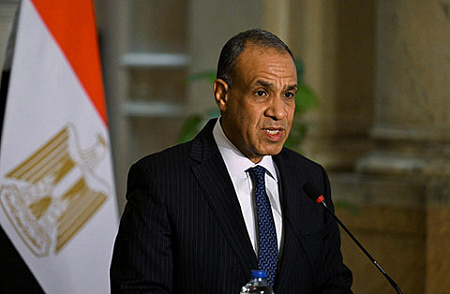
An ambitious proposal to form a collective military alliance, dubbed an “Arab NATO,” has reportedly failed during preliminary discussions, dashing hopes for a unified regional security front. Arab officials indicate the initiative crumbled due to deep-seated disagreements over which nation would assume command, shifting the region’s focus from military posturing to applying diplomatic pressure on the United States to influence Israeli policy.
Sources revealed that the project stalled as regional powers vied for control. Egypt, as a primary architect of the plan, insisted on leading the military structure, a position also sought by Saudi Arabia. Meanwhile, other reports suggest Qatar and the United Arab Emirates had their own vision for a Gulf-led security pact, highlighting a complex web of internal rivalries that ultimately proved insurmountable and prevented the concept from gaining traction.
The proposal, intended as a unified response to the ongoing conflict in Gaza and broader regional tensions, was a central topic at a recent emergency Arab-Islamic summit. Faced with a stalemate on the military front, Arab foreign ministers opted for a different strategy behind closed doors: leveraging their collective influence to compel the U.S. administration to push for a ceasefire and restrain the Israeli government.
This is not the first time the vision of a unified Arab military force has faltered. A nearly identical initiative was proposed by Cairo a decade ago to combat threats like ISIS, only to fail over the same unresolved issue of command. A subsequent effort by a previous U.S. administration to resurrect the idea also met with little success, underscoring a persistent pattern of disunity that continues to plague Pan-Arab strategic cooperation.
With military options off the table, key Arab nations are turning to diplomatic leverage, primarily centered on the Abraham Accords. Saudi Arabia has reportedly warned Washington that it will freeze its path toward normalization with Israel. The UAE, an original signatory of the accords, has issued a similar ultimatum, signaling that it could “re-evaluate” the agreement and consider downgrading diplomatic relations if Israel escalates its actions, particularly concerning potential annexation in the West Bank.
However, the effectiveness of these threats may be limited by a stark reality. French intelligence sources have expressed skepticism, suggesting that Gulf states are unlikely to completely sever normalization deals. They argue that these nations have become deeply dependent on advanced Israeli surveillance and security technology over the past decade. This integration has given Israeli intelligence significant influence, creating a powerful form of leverage that could dissuade these countries from taking drastic measures.
